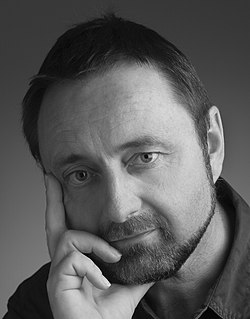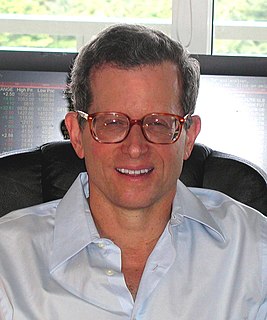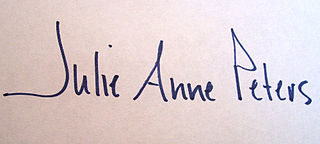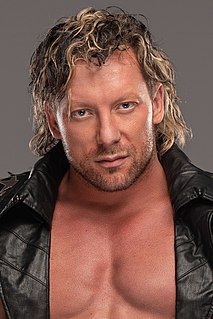A Quote by Frans Lanting
I think a photograph, of whatever it might be - a landscape, a person - requires personal involvement. That means knowing your subject, not just snapping at whats in front of you.
Related Quotes
The photographer Ruth Bernhard used to tell me that this is like asking somebody how they evolved their signature. It is not something I've ever worked on consciously. I think style is just the end result of personal experience. It would be problematic for me to photograph in another style. I'm drawn to places and subject matter that have personal connections for me and I photograph in a way that seems right. Where does it all come from, who knows?
The Photograph belongs to that class of laminated objects whose two leaves cannot be separated without destroying them both: the windowpane and the landscape, and why not: Good and Evil, desire and its object: dualities we can conceive but not perceive... Whatever it grants to vision and whatever its manner, a photograph is always invisible: it is not it that we see.
History is for human self-knowledge. Knowing yourself means knowing, first, what it is to be a person; secondly, knowing what it is to be the kind of person you are; and thirdly, knowing what it is to be the person you are and nobody else is. Knowing yourself means knowing what you can do; and since nobody knows what they can do until they try, the only clue to what man can do is what man has done. The value of history, then, is that it teaches us what man has done and thus what man is.
The Chinese have a theory that you pass through boredom into fascination and I think it's true. I would never choose a subject for what it means to me or what I think about it. You've just got to choose a subject - and what you feel about it, what it means, begins to unfold if you just plain choose a subject and do it enough.
If you look at a photograph, and you think, 'My isn't that a beautiful photograph,' and you go on to the next one, or 'Isn't that nice light?' so what? I mean what does it do to you or what's the real value in the long run? What do you walk away from it with? I mean, I'd much rather show you a photograph that makes demands on you, that you might become involved in on your own terms or be perplexed by.
I think you reveal yourself by what you choose to photograph, but I prefer photographs that tell more about the subject. There's nothing much interesting to tell about me; what's interesting is the person I'm photographing, and that's what I try to show. [...] I think each photographer has a point of view and a way of looking at the world... that has to do with your subject matter and how you choose to present it. What's interesting is letting people tell you about themselves in the picture.

































